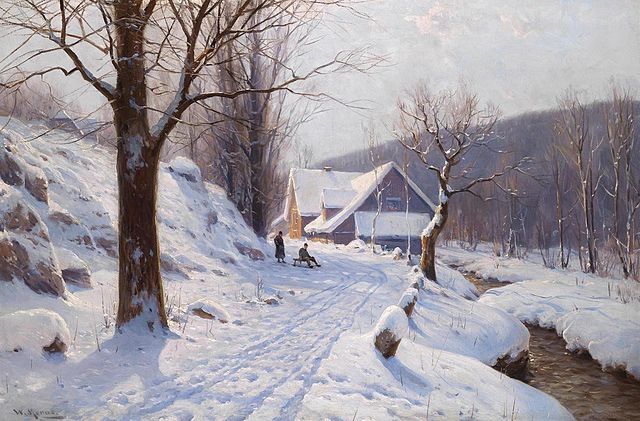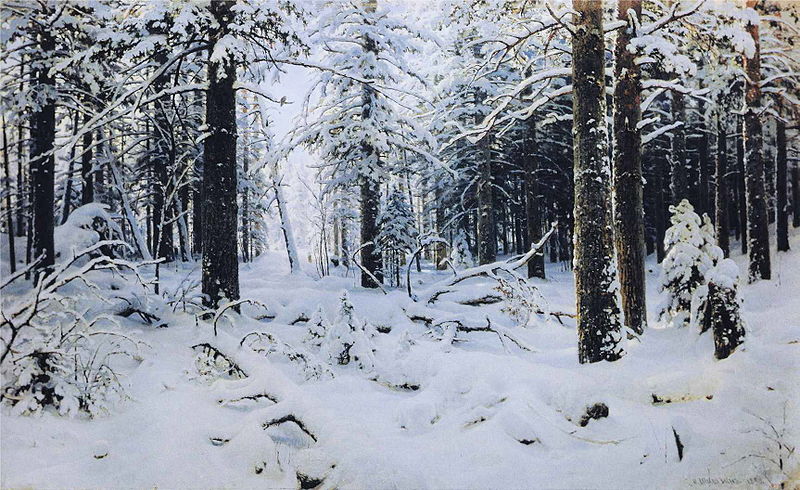
On August 26, the German-Southeast Asian Center of Excellence for Public Policy and Good Governance (CPG), the Asian Governance Foundation (AGF) and Hanns Seidel Foundation will present a seminar on Cold War Dynamics in Historical and Contemporary Perspectives to commemorate 30 Years of German reunification and 70 years of The North Atlantic Treaty Organization (NATO).
The seminar will be held from 5pm to 7pm in room 402, on the fourth floor of the Faculty of Law, Thammasat University, Rangsit campus. NATO, also called the North Atlantic Alliance, is an intergovernmental military alliance between 29 North American and European countries as a system of collective defense; each independent member state agrees to mutual defense in response to an attack by any external nation.
As TU students at the Faculty of History and the Faculty of Political Science know, in 2003 U.S. President George W. Bush named Thailand a major non-NATO ally (MNNA), a term given by the United States government to close allies that have strategic working relationships with the US Armed Forces but are not members of NATO. While being an MNNA does not automatically offer a mutual defense pact with the United States, it still provides a range of military and financial advantages that are not available to non-NATO countries.
The TU Library contains many books about the Cold War and NATO. TU students are also aware that the Cold War was a time of geopolitical tension between the Soviet Union with its satellite states and the United States with its allies after World War II. The adjective cold was used to suggest that there was no major open warfare, although many combatants died in the Cold War. The term cold war was apparently first used by the English novelist and essayist George Orwell. The TU Library has several books by and about Orwell.
The term Cold War was first used to describe the opposition between the West and Eastern bloc in 1947 by the U.S. political consultant, investor, and philanthropist Bernard Baruch. Books by and about Bernard Baruch may be borrowed from the TU Library Interlibrary Loan (ILL) service.
As the CPG website notes:
At the end of the Second World War, Germany was at the geographical heart of the emerging fault lines of the post WWII order. Divided into four occupation zones, its fate was to be decided by the victors of the war, who themselves were about to enter into an emerging Cold War. 1949 saw a decicive moment with the creation of two separate states on German territory, West and East Germany. Under the influence of increasingly intense Cold War dynamics, West Germany joined NATO in 1955, six years after NATO’s foundation, while East Germany became a member of the newly formed Warsaw Pact in the same year. The most visible, physical manifestation of the divide as well as of the Cold War dynamics at large, however, was the Berlin Wall, erected in 1961. It separated West Berlin from the eastern part of the city as well as from surrounding East Germany for 28 years until its fall in November 1989. What followed was the end of the Cold War and German reunification under the democratic system of West Germany after the collapse of the Soviet Union. The seminar on historical and contemporary perspectives will trace some of the historical beginnings and developments of the Cold War with a focus on events in Germany and their geopolitical implications. Its aim is to then elaborate on what has led to the fall of the Berlin Wall and how Germany has moved on from there. Finally, it will provide an outlook and compare historic Cold War dynamics to contemporary geopolitics at another cross-road in world history: the ostensible end of the unipolar moment and the emerging notion of a new Cold War.
The TU community is welcome to attend the event by registering at this link.
Among the speakers will be Duc Quang Ly, CPG program manager, who will offer thoughts on Historical Perspectives: From the End of WWII to the End of Two Germanies. Ajarn Lasse Schuldt will also speak on The Fall of the Berlin Wall and German Reunification and Ajarn Henning Glaser, CPG director, will discuss Geopolitical Outlook – From the Old to a New Cold War After the End of the Unipolar Moment?

Some famous statements about the Cold War follow:
- “From Stettin in the Baltic to Trieste in the Adriatic an iron curtain has descended across the Continent.”—Winston Churchill, address at Westminster College, Fulton, Missouri, March 5, 1946.
- “I believe that it must be the policy of the United States to support free peoples who are resisting attempted subjugation by armed minorities or by outside pressures. I believe that we must assist free peoples to work out their own destinies in their own way. I believe that our help should be primarily through economic and financial aid which is essential to economic stability and orderly political processes. ”—President Harry Truman, speech to a joint session of Congress, announcing what becomes known as the Truman Doctrine, March 12, 1947.
- Let us not be deceived — we are today in the midst of a cold war. Our enemies are to be found abroad and at home. Let us never forget this: Our unrest is the heart of their success. The peace of the world is the hope and the goal of our political system; it is the despair and defeat of those who stand against us. – Bernard Baruch, Speech to the South Carolina Legislature, Columbia, SC (April 16, 1947); reported in Journal of the House of Representatives of the First Session of the 87th General Assembly of the State of South Carolina.
- “The United States should do whatever it is able to do to assist in the return of normal economic health in the world, without which there can be no political stability and no assured peace.” —Secretary of State George C. Marshall, commencement address at Harvard University that unveils the Marshall Plan, June 5, 1947.
- “The main element of any United States policy toward the Soviet Union must be that of a long-term, patient but firm and vigilant containment of Russian expansive tendencies.”—“X” (George Kennan), Foreign Affairs, July 1, 1947.
- Although the shooting war is over, we are in the midst of a cold war which is getting warmer. – Bernard Baruch, Speech before the Senate’s Special Committee Investigating the National Defense Program (October 24, 1947).
- “If you don’t like us, don’t accept our invitations and don’t invite us to come to see you. Whether you like it or not, history is on our side. We will bury you.”—Soviet Premier Nikita Khrushchev, November 18, 1956.
- “All free men, wherever they may live, are citizens of Berlin, and therefore, as a free man, I take pride in the words, Ich bin ein Berliner.”—President John F. Kennedy, speech to the people of West Berlin, June 26, 1963.
- “Mr. Gorbachev, tear down this wall!”—President Ronald Reagan, speech at the Brandenburg Gate in West Berlin, June 12, 1987.

(All images courtesy of Wikimedia Commons)

